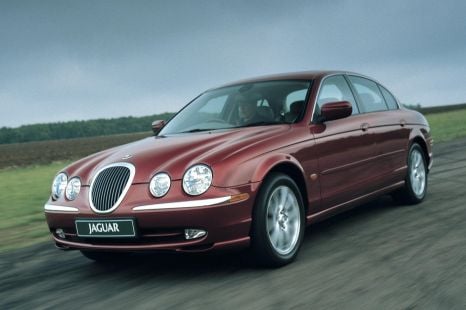

Derek Fung
Jaguar boss says chasing BMW 'didn’t work commercially'
1 Hour Ago
Guest User
My dashboardAston Martin is investing more in plug-in hybrids, delaying its EVs as a result of customer feedback.

News Editor
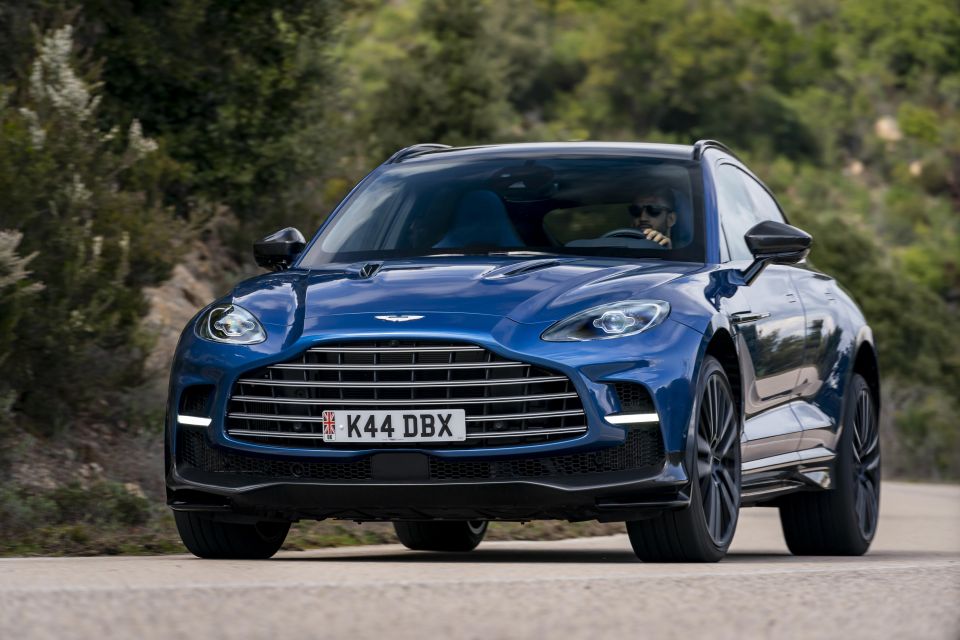

News Editor
Aston Martin is delaying its first electric vehicles and investing more in plug-in hybrids (PHEVs), scrapping its plans to have a “fully electrified” core lineup by 2030.
Company chairman Lawrence Stroll told Autocar the brand’s dealers have been hearing customers want the “sounds and smells” of combustion-powered vehicles.
He also said there will “always be demand” for combustion-engined cars, and has pledged to sell them for as long as the company is legally allowed.
Mr Stroll says his company has “decided to invest very heavily in PHEVs” and plans to offer them beyond the mid-2030s, calling PHEVs more than a “bridging” technology.
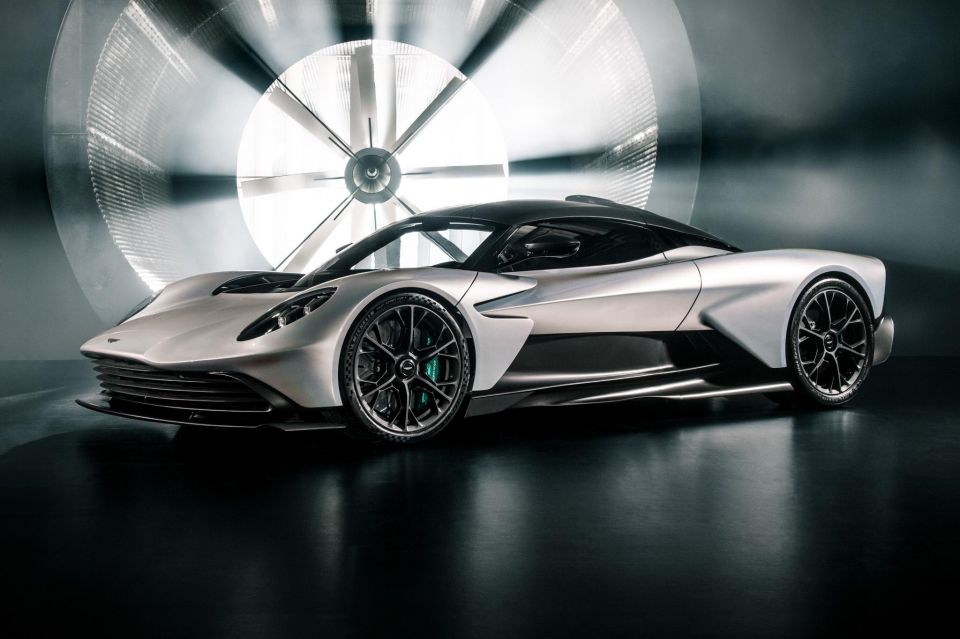
“They will last a lot longer than people thought even a year ago,” he said, saying he “doesn’t see demand slowing at all” until at least the mid-2030s.
“For as long as we’re allowed to make ICE cars, we’ll make them. I think there will always be demand, even if it’s small.”
These PHEVs will be based around V8 engines sourced from Mercedes-AMG, with Mr Stroll telling Autocar customers don’t want V6-powered Astons.
He also confirmed the company plans to give its V12 engine hybrid technology.
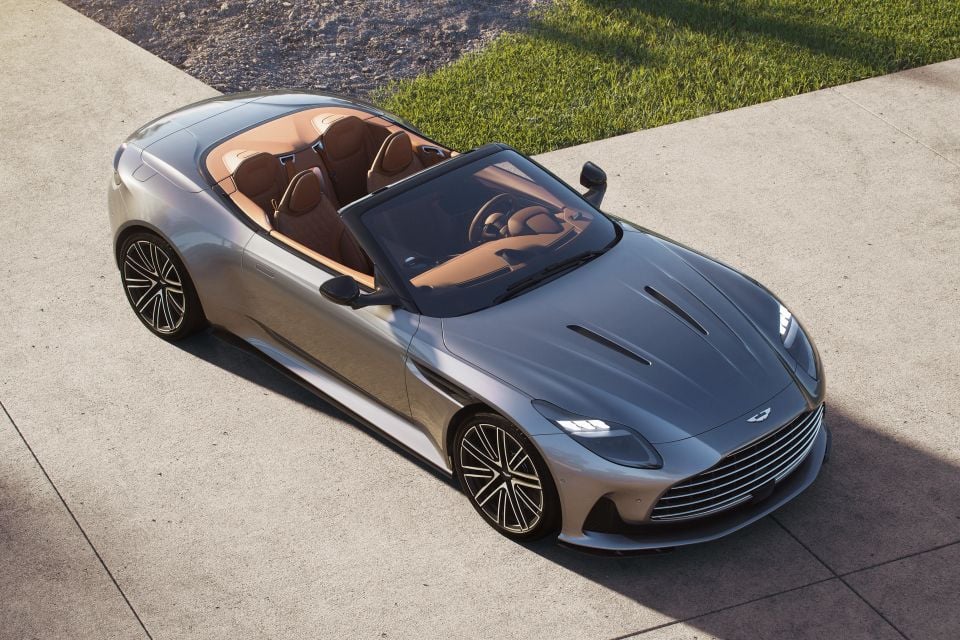
The company will launch its first PHEV, the twin-turbo V8 Valhalla, this year.
Aston Martin is still working on a new bespoke EV architecture, but it won’t introduce its first electric model in 2025 as it had originally planned. Instead, it’ll be revealed late in 2026 ahead of a 2027 launch.
Autocar says the architecture will underpin four cars: a GT, SUV, crossover, and a ‘mid-engined’ supercar.
“We have designed and ready one platform to take four different vehicles,” Mr Stroll told Autocar. “We have all the products technically engineered and physically designed.
“We planned to launch at the end of 2025 and were ready to do so, but it seems there is a lot more hype in EVs, politically driven or whatever, than consumer demand, particularly at an Aston Martin price point.”
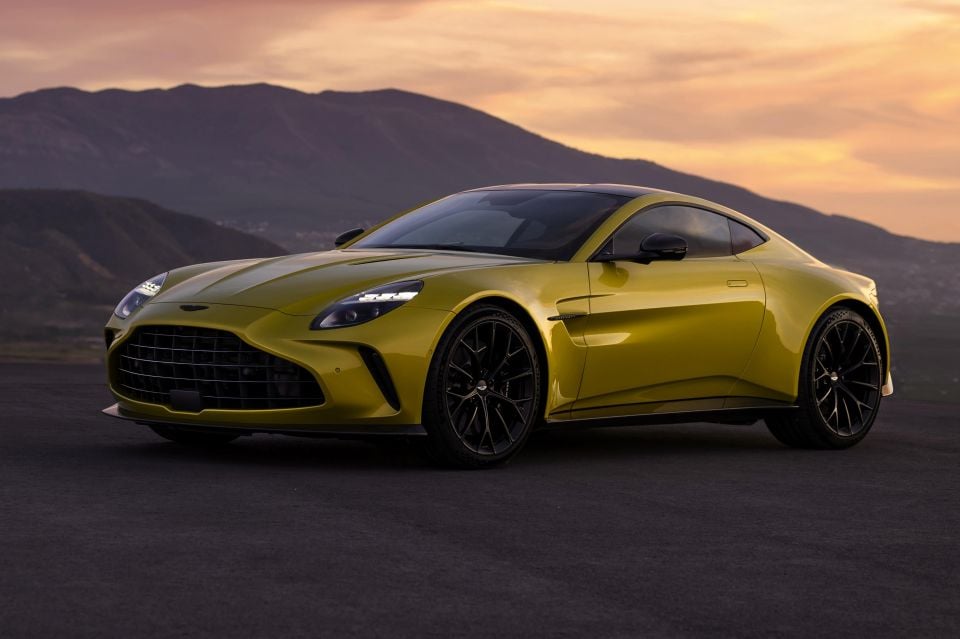
He cited weak demand for electric cars in luxury segments, noting Aston Martins were typically not bought as daily drivers but rather used more for leisure.
Mr Stroll said he expects luxury SUVs to become fully electric before sports cars.
Under its ‘Racing. Green.’ strategy announced in 2022, Aston Martin said it would roll out an electrified powertrain option across all its product lines by 2026, with the goal of “its entire core portfolio of GT sports cars and SUVs to be fully electrified by 2030”.
It subsequently confirmed it would source powertrain components from luxury EV brand Lucid.
Aston Martin isn’t the only high-end brand to delay its EVs.
Bentley had originally planned to debut its first EV in 2025 ahead of switching to an electric-only range by 2030. It confirmed last month it would delay the first EV’s launch to 2027, and go EV-only by 2033.
Where expert car reviews meet expert car buying – CarExpert gives you trusted advice, personalised service and real savings on your next new car.
William Stopford is an automotive journalist with a passion for mainstream cars, automotive history and overseas auto markets.


Derek Fung
1 Hour Ago
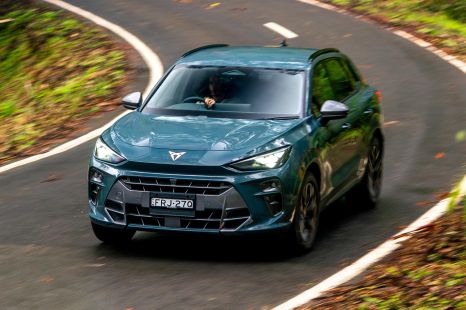

Matt Campbell
8 Hours Ago
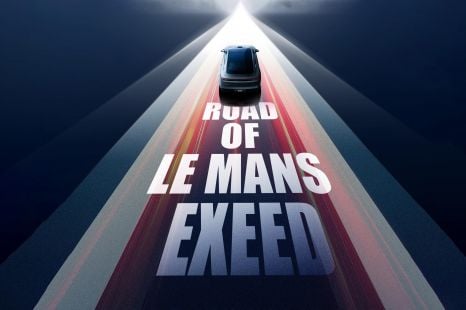

Andrew Maclean
14 Hours Ago
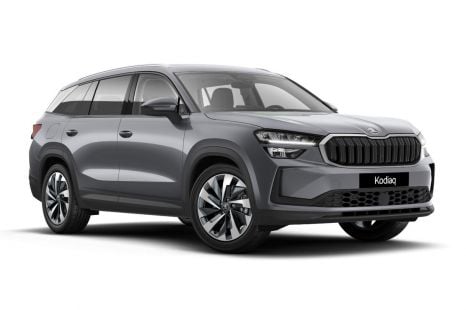

Max Davies
15 Hours Ago
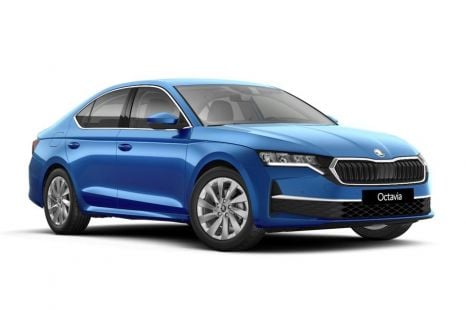

Max Davies
15 Hours Ago
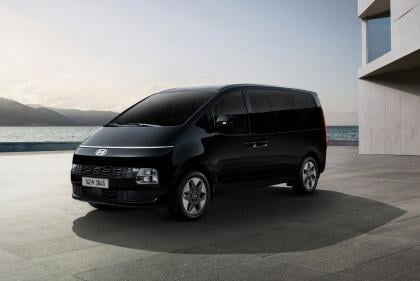

Damion Smy
17 Hours Ago